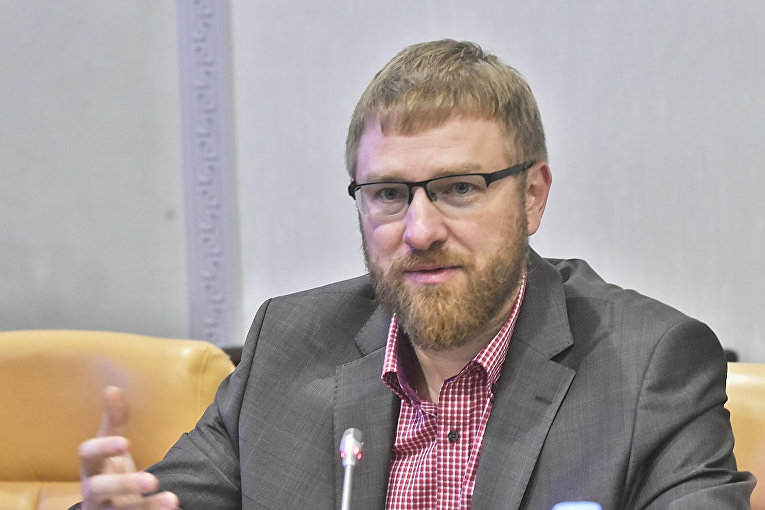MOSCOW, October 19 (RAPSI) – The state needs to take very serious steps for introducing common liability and control mechanisms applicable to all authors of online publications in order to fight dissemination of destructive and illegal materials over internet, First Deputy Chair of Russia’s Civic Chamber Commission on Development of the Information Community Alexander Malkevich believes.
The civic activist stressed that in this modern-day reality for many citizens bloggers, whose audiences exceed that of some mass media outlets, have become an alternative source of information; therefore, they need to be subjected to serious fact checking procedures. Unfortunately, Malkevich said, some of online authors consciously prefer to publish fake news.
For a long time the activities of bloggers had not been regulated at all in Russia, the expert noted; however, in 2014 there was adopted a law, which introduced a register of popular bloggers, who were obliged to check the information they published for possible violations of the law and refrain from dissimilating fake materials.
In fact, Malkevich observed, bloggers were given a status equal to that of mass media outlets, but not granted equal rights. Therefore, it was only natural that in 2017 the bloggers’ register was abolished due to its inefficiency, and, according to Russia’s media watchdog Roskomnadzor, internet users publishing authored materials were to comply with the general regulations pertaining to the dissemination of information.
Later, in 2019, the civic activist reminded, a law on liability for dissemination of fake news and contempt of the authorities were adopted in Russia; the new regulations set differentiated liability for dissemination of fake information depending on the gravity of the results. Nevertheless, the law does not prohibit Russian national to earn money as bloggers, it just obliges the authors not to register and refrain from publishing banned information.
Common liability for all online authors could be an answer to the rapid development of social networks making impossible individual control over internet publications, Malkevich said.



